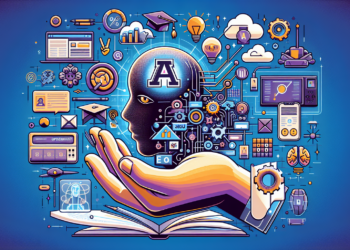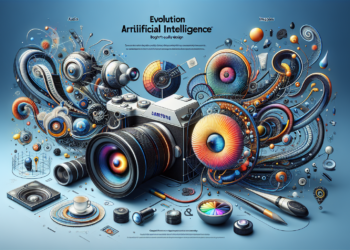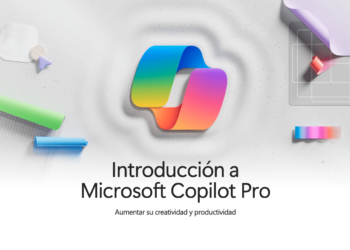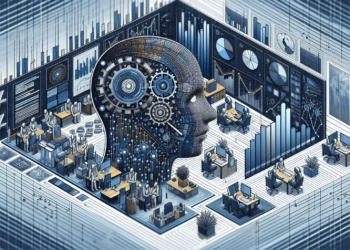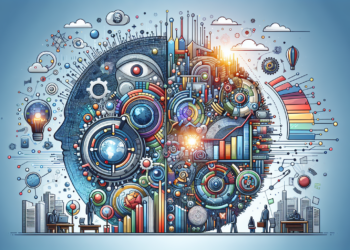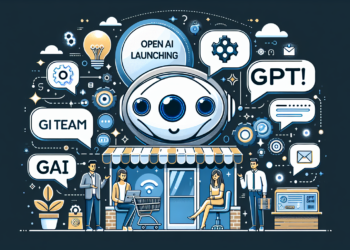The contemporary discourse on intellectual property is being rewritten by the Supreme Court of the United Kingdom, in an unprecedented case that challenges where creative genius resides. Can a non-human entity, an Artificial Intelligence (AI), be considered an inventor in the legal sense of the word? This fascinating debate not only redefines the boundaries of patent law but also plunges us into the core of what it means to innovate in the digital age.
1. Conceptual Context: The Traditional Inventor vs. the Work of AI
Historically, an inventor is a person who conceives a novel idea, suitable for industrial application. This definition, rooted in legislation worldwide, presumes human intervention as an axiom. However, AI, with its capabilities for deep learning and neural network systems, is generating solutions that challenge such an assumption. The singularity of AI lies not only in information processing but in the autonomous creation of concepts.
2. Technical Advances: From Machine Learning to Deep Learning
Machine learning, a branch within AI, is based on algorithms capable of learning from data. More advanced still, deep learning uses artificial neural networks, with structures inspired by the human brain, to identify patterns and make decisions. Innovations like backpropagation and the tuning of cost functions enable these networks to learn in a refined manner.
3. Emerging Practical Applications
AI has transcended traditional areas such as predictive analysis to delve into domains requiring creativity. An example of this is assisted design platforms, where generative algorithms propose architectural design solutions or the development of new drugs, where AI can generate thousands of potential active molecules based on predefined parameters.
4. Comparison with Previous Work
The disruptive notion of considering AI as an inventor becomes clear when contrasting it with tradition. While human intellectual work is characterized by being the result of a conscious process, AI operates under a different logic. Its “consciousness” resides in trained algorithms and synaptic weights, whose outcomes can be unexpected even to their programmers.
5. Future Projections and Innovations
The potential inclusion of AI as an inventor challenges the current legal infrastructure, necessitating a rethinking of authorship and ownership of ideas. A dual patent regime could be established, differentiating between human inventions and those made by AI, each with different durations and rights conferred.
6. Case Studies: AI as Inventor
An illustrative case is that of DABUS, an AI that ‘conceived’ two new inventions, whose patent applications were rejected for not specifying a human inventor. This AI, designed to simulate human inventiveness, brings to the fore the question: can an artificial creation enjoy a legal status comparable to human creation?
7. Final Thoughts
The proposed expansion of the concept of inventor to non-human entities is more than just a legal aberration; it is a reflection of an emerging symbiosis between computational intelligence and human ingenuity. In practice, this discussion will not only modify the understanding of who, or what, can claim the title of inventor but also outlines a future where AI could be considered a collaborator and even a holder of intellectual property rights.
The interaction between human creative skills and the computational capacity of AI has the potential to spawn a new era of innovation. The Supreme Court of the United Kingdom, in its analysis, recognizes this emerging landscape, which could set a global precedent. The answers that emerge in this context will shape the future of innovation and mark the paths for the deployment of artificial intelligence in all areas of technological and artistic creation.
This debate serves as a reminder that, as AI expands in capabilities and autonomy, legislation must evolve alongside it. The need for reflective and proactive public policy is imperative to guide the journey of AI from a tool in human hands to an entity with the capacity to invent. The question that the Supreme Court of the United Kingdom lays on the table affects not only jurists and technologists but extends to all society, as it redefines the matrix of knowledge generation and its legal guardianship in the 21st century.


